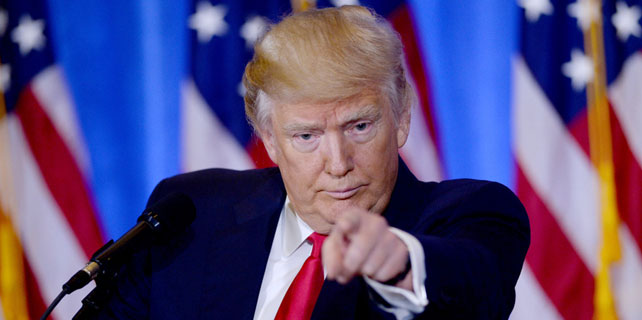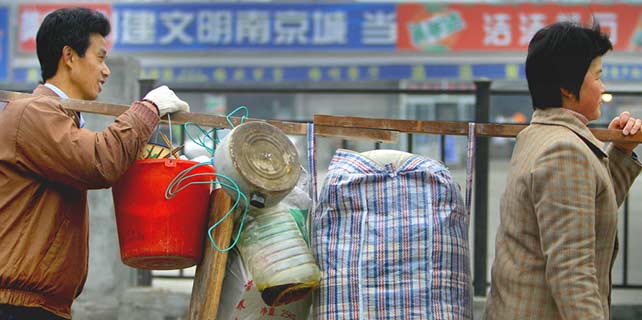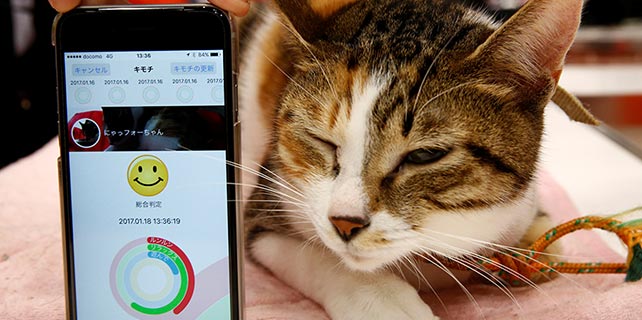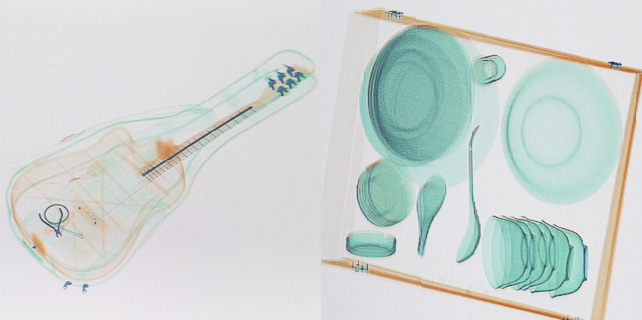From China's foe to friend
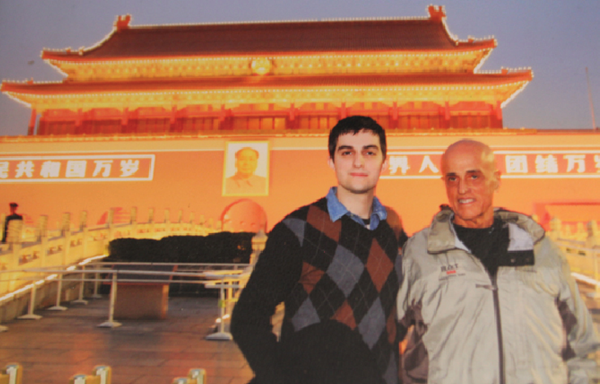 |
|
Bernard Loeffke and his son Marc Loeffke pose for photo at the Tian'anmen Square. Provided to China Daily |
An ancient Chinese iron sits at the center of the console table in the hallway of the second-floor apartment in the Miami suburb where retired US Army General Bernardo "Burn" Loeffke now resides. An album on the dresser is opened to a photo of the general and his son on Tian'anmen Square.
"Let me sing you the song," the octogenarian says as he displays a roll of Chinese calligraphy — the lyrics to The Guerillas' Song, a patriotic Mandarin song from The War of Resistance against Japanese Aggression.
He sang in Mandarin, pumping his fist to the tempo:
We are all sharpshooters,
Each bullet takes out an enemy.
We are all soldiers with wings,
Unafraid of tall mountains and deep waters
…
When the final victory day arrives,
The dawn of world peace will come.
"I feared China," Loeffke told China Daily.
Ranger, parachutist and pilot, Loeffke fought in the Vietnam War after graduating from West Point.
"My friend was killed and I was wounded by Chinese and Vietnamese trained and equipped by Chinese," he said.
In his book China: Our Enemy? A General's Story (Pacific Institute Publishing, 2012), Loeffke put a question mark after the term "our enemy", something he and many American soldiers used to believe, until 1972, when the United States and People's Republic of China started diplomatic relations.
The autobiography documents his life-long, love-hate relationship with China.
As part of an effort to strike up a friendship with China, General Loeffke was assigned to a three-week visit to China as a White House Fellow in 1973, working under then Secretary of State Henry Kissinger.
There was no air service to Beijing, so the group had to fly to Hong Kong, where they took a train and walked across a bridge.
He met his counterpart, Chinese General Xu Xin, who was wounded as the commander of Chinese volunteers in the Korean War. Loeffke said their friendship started with a common wound.
"You were wounded by US fire; I was wounded by Chinese fire; I'm here to make sure that doesn't happen again," Loeffke told Xu at their first meeting.
"General Xu Xin shook my hand and said, ‘From the battlefield, we can become friends'."
The "cultural revolution" (1966-76) was underway in China at the time and the White House fellows visited schools and factories. Something Loeffke still remembers vividly was whenever they walked down the street, the Chinese people would applaud them, street after street.
"It was like a competition for who could clap loudest," he said. "And they referred us as da bi zi (big noses), because we had larger noses."
The short trip was a "changing experience" for Loeffke because it made him start to fear the Chinese less.
"You are afraid of things you don't know, and the best way to avoid having enemies is to make friends of strangers," he said.
Nine years later, in 1982, he became the first US Army general assigned to the American Embassy in China.
The country had undergone a transformation since the reform and opening up, but no skyscrapers were there yet and it was only in a hotel in Shanghai that Loeffke saw women wearing lipstick.
During his three years as a defense attaché, he run and biked through many hutong.
"Everyone was so friendly," he said. He used to press the US embassy on why they didn't let more Chinese go to the US.
He returned to the US fluent in Mandarin, with a love for the Chinese people, and the memorabilia now displayed around his apartment.
On the walls, there are opera masks, a photo of him with General Xu Xin, and another of him and Chinese soldiers landing in parachutes.
"I'm the first American to jump with Chinese parachutists," he said proudly.
The largest decorative object in the apartment is a wooden statue of a warrior that he bought in Shanghai. In its left hand, which used to hold a spear, now has a bunch of flowers.
"I took out the spear and give him flowers. He is a peace warrior," said Loeffke. On his right shoulder, the warrior carries the general's flag.
In 1992, Loeffke created the Friendship Fund, in which he put $10,000 every year for 10 years until he started fundraising. The fund sends selected West Point cadets on friendship trips to China.
"China befriends people. You walk away from China to appreciate China," said Loeffke.
These days Loeffke gives talks at local schools and Confucius Institutes, sharing his stories to promote an interest in China among US students.
He hopes to go back to China. His favorite Chinese dish is mapo tofu, though his doctor told him he had to cut down on it. His favorite singer is China's first lady Peng Liyuan, and his personal idol is legendary Chinese soldier Lei Feng, whose picture graces the cover of his book.







